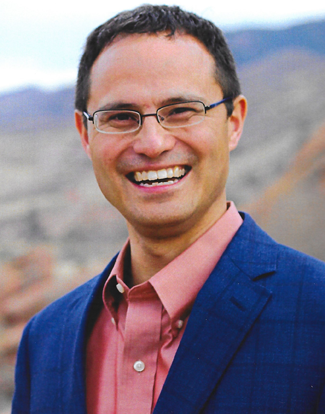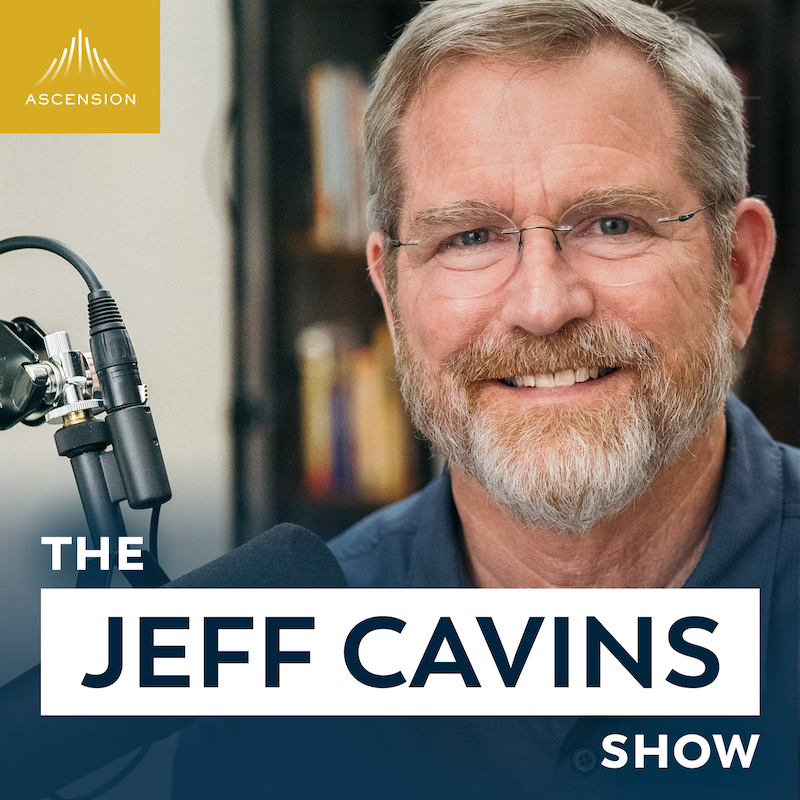Do you long to be free on the inside? All of us struggle with fears in life that keep us from achieving interior freedom and peace. Today, Dr. Sri encourages us to cultivate an interior freedom that does not depend on external circumstances. He walks us through the three stages of achieving interior freedom and explains why our character plays a big role in our journey to interior freedom.
Shownotes
“
“We live in a society that may appear to have many outward freedoms, but we are far from achieving interior freedom.”
Shownotes
“
We all struggle with different kinds of fears that keep us from being truly free on the inside. We can wrestle with the fear of suffering, the fear of failure, the fear of what others think about us, and fear of the future. Many of us are afraid of giving up control and entrusting our lives into the hands of the Father. All of our anxieties, pressures, and sins prevent us from living an abundant life.
Additionally, we live in a society that may appear to have many outward freedoms, but we are far from achieving interior freedom. We tend to place our hope and happiness in external circumstances. When we place our peace in external situations or things, we will inevitably be disappointed because we live in a broken, chaotic, and imperfect world. Real happiness is found not on the outside, but on what is happening in our souls. While outward freedom depends on external circumstances, interior freedom is shaped by our relationship with God, character, and virtue.
While we have free will, it’s not easy to do the right thing because our nature is wounded. Due to original sin (concupiscence) our intellect is darkened, our will is weak, our emotions need to be healed and our passions need to be ordered. Sin deeply wounds our nature and only Jesus can heal us and teach us how to live in freedom. Pope St. John Paul II teaches us that freedom is a seed in our hearts that needs to be cultivated.
“Human freedom belongs to us as creatures; it is a freedom which is given as a gift, one to be received like a seed and to be cultivated responsibly.”
-Veritatis Splendor, article 86
“The beginning of freedom is to be free from crimes… such as murder, adultery, fornication, theft, fraud, sacrilege, and so forth. When once one is without these crimes ( and every Christian should be without them), one begins to lift up one’s head towards freedom. But this is only the beginning of freedom, not perfect freedom.”
– St. Augustine
The Sources of Christian Ethics –3 Stages of Freedom
- Learning: Mastering basic discipline and adhering to the moral laws revealed to us by God.
- Progress: Allowing Jesus to heal the roots of our sins/wounds and transform our dispositions, emotions and desires. Not just avoiding evil but living a life of virtue and letting God mold the core of our being.
- Mature Perfection: Achieving self-possession and cultivating an inner peace, courage, and determination that is not affected by external circumstances.
Resources
- Visit Dr. Sri’s website at www.edwardsri.com and to book online events with Dr. Sri email events.edwardsri@gmail.com
- Subscribe to our show by texting “allthingscatholic” to 33-777
- Find more of Dr. Sri’s episodes at ascensionpress.com/allthingscatholic
- The Sources of Christian Ethics
- Ascension is pleased to offer our new and improved online bible study programs and sacramental preparation programs digitally to help you minister with flexibility. Go to ascensionpress.com to view all our offerings!

Dr. Edward Sri is a theologian, well-known Catholic speaker, and author of several best-selling books. His work with Ascension includes study programs such as A Biblical Walk Through the Mass, No Greater Love: A Biblical Walk Through Christ’s Passion and Mary: A Biblical Walk with the Blessed Mother. Several of Dr. Sri’s programs were filmed on-site in the Holy Land, and feature immersive video explorations of the sacred sites where Jesus, Mary, and the Apostles lived and died.
Dr. Sri is the host of the acclaimed Ascension podcast All Things Catholic with Dr. Edward Sri. Together with Curtis Martin, Dr. Sri is a founding leader of the Fellowship of Catholic University Students (FOCUS), of which he serves as senior vice president of Apostolic Outreach.
Dr. Sri lives with his wife Beth and their children in Colorado.





